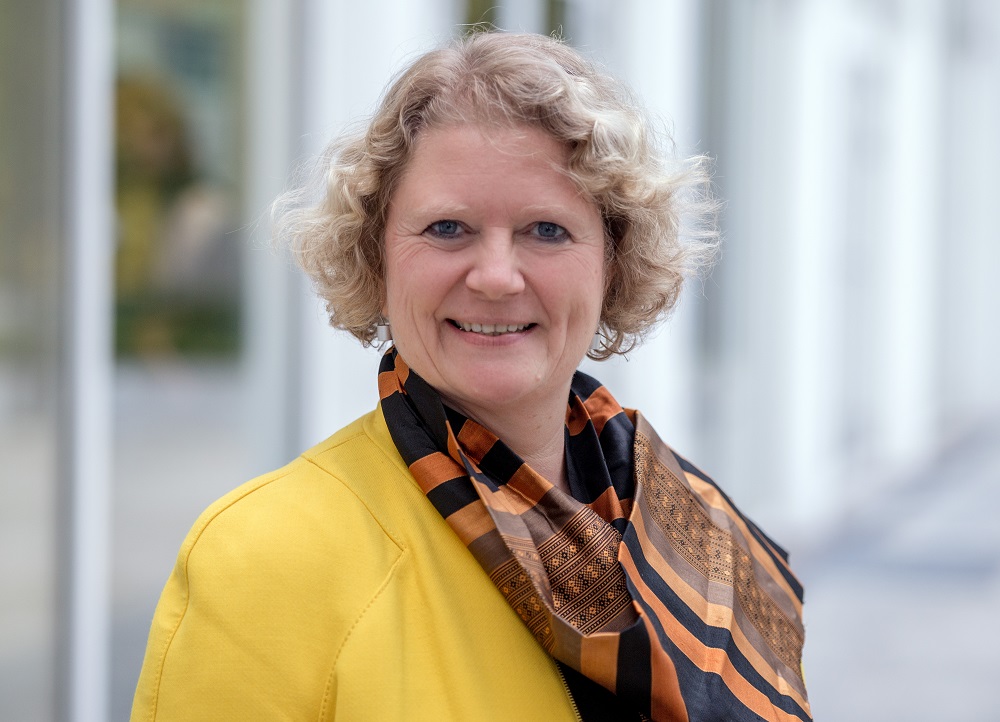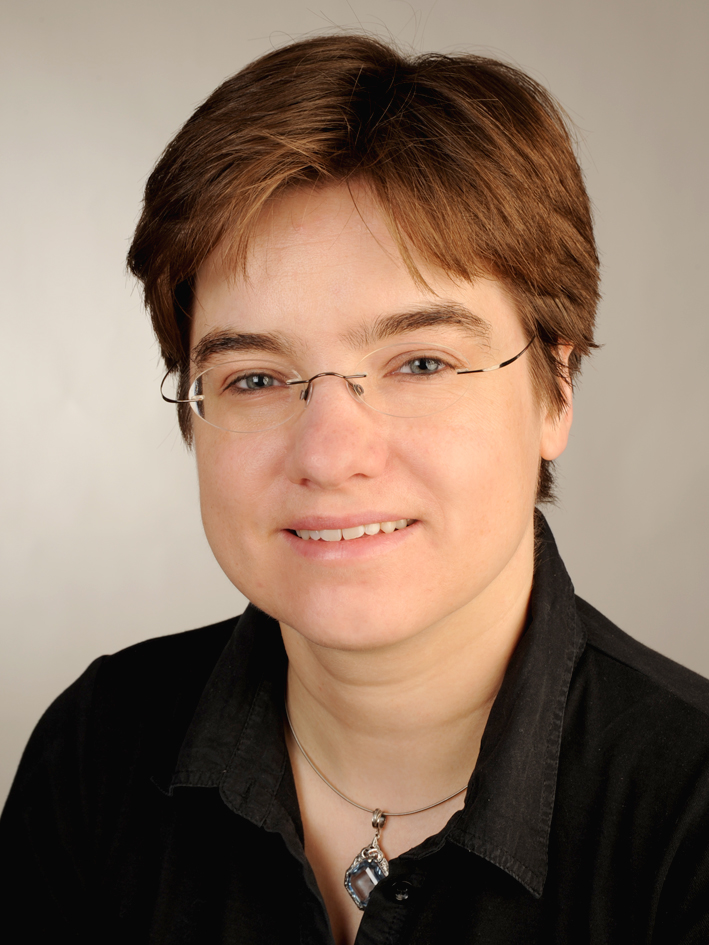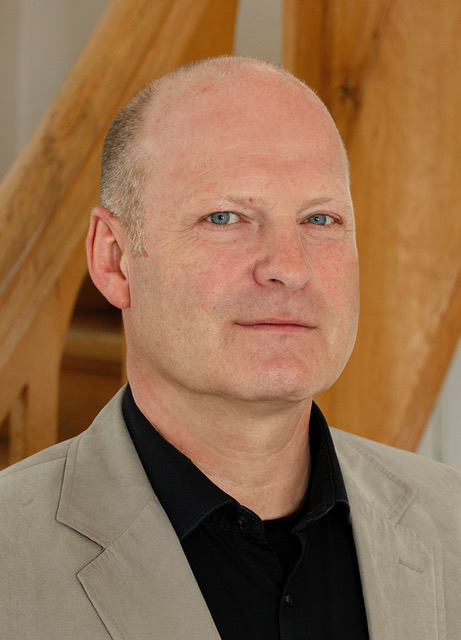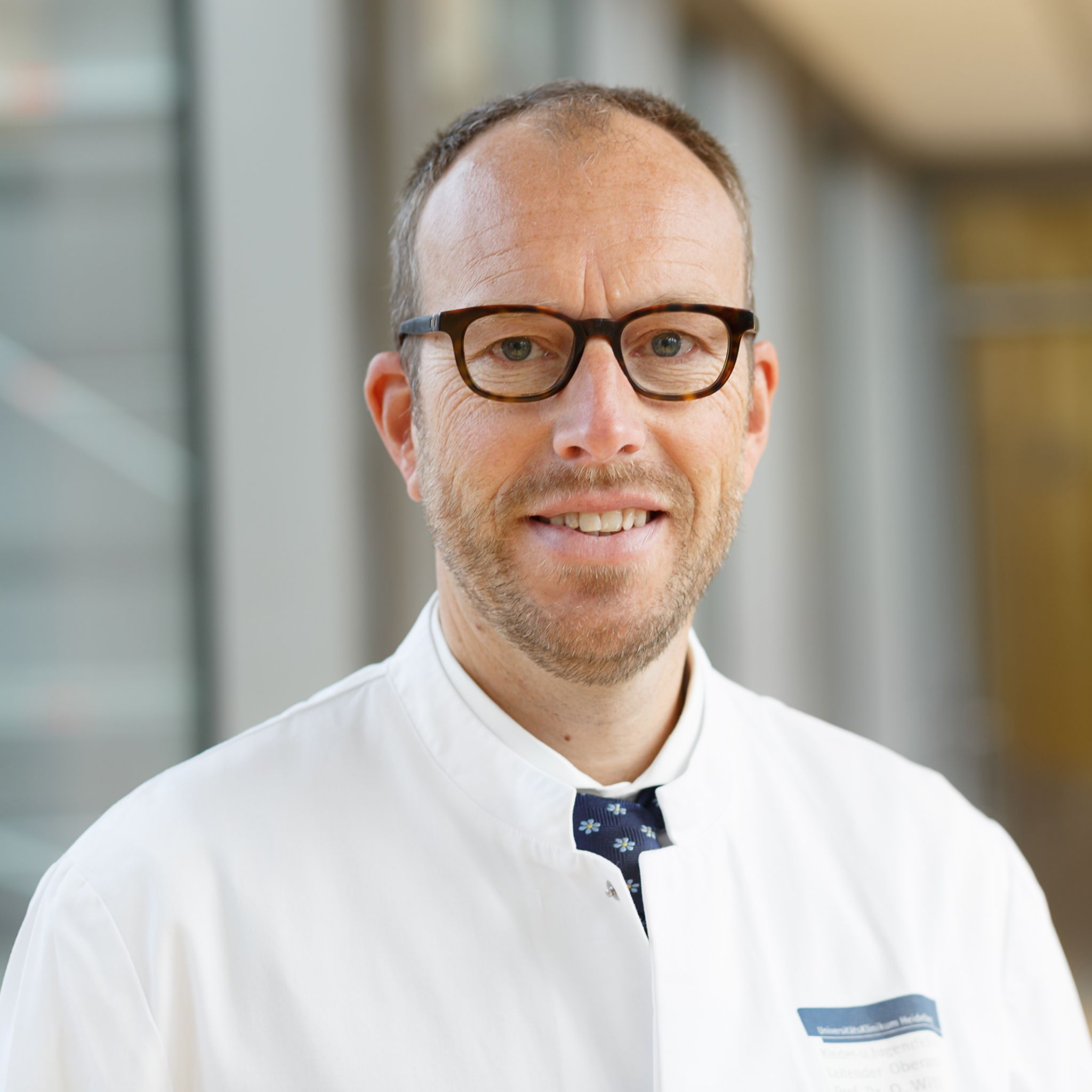Call 2016
Project "Translation of molecular based treatment approaches in ALL“
Acute lymphatic leukemia (ALL) patients who suffer relapses have poor prognoses. The project “Translation of molecular-based treatment approaches in ALL” engages molecular profiles with active substance screenings in patient-specific in vitro and in vivomodels to identify genotype specific drug response signatures. The aim of the project is to identify genotypes to be used for individual treatment decisions about the effectiveness of defined combination treatments in ALL patients.
Acute lymphatic leukemia (ALL) patients who suffer relapses have poor prognoses. The project “Translation of molecular-based treatment approaches in ALL” engages molecular profiles with active substance screenings in patient-specific in vitro and in vivomodels to identify genotype specific drug response signatures. The aim of the project is to identify genotypes to be used for individual treatment decisions about the effectiveness of defined combination treatments in ALL patients.
Coordinators
Project "AMPLIFY-NEOVAC“
In the multicenter “AMPLIFY NEOVAC” clinical study DKTK investigators explore a combination immunotherapy for treatment of aggressive brain tumors, malignant glioma. The approach is to boost tumor vaccination, previously developed within DKTK, with so-called immune checkpoint inhibitors (ICIs), which have shown impressive therapeutic activity for other tumors by unblocking the patient’s own immune system. In this trial the immunotherapy will be initiated before a planned resection. The aim of the study is to assess efficacy and to analyze intratumoral anti-tumor immune effects of the combined vaccination/ICI treatment using detailed molecular and immunological studies. These analyses are expected to reveal important mechanisms of response and resistance to targeted immunotherapy in brain tumors.
Coordinators

Prof. Dr. Joachim Steinbach

Prof. Dr. Michael Platten
Project "ImmuNeoMASTER“
Immune checkpoint inhibitors have shown high efficacy in a broad variety of advanced tumor entities with bad prognosis. Molecular testing of tumor probes seems to gain importance for the application of immunotherapies in future. High tumor mutation burden has been demonstrated to be associated with response to immune checkpoint inhibitors in some tumor entities as these may result in neoantigens which can be detected by patient`s onw T cells. On the other hand, defined mutations may be associated with lack of response to immunotherapies. The ImmuNEO Master project bases on mutation profiles and gene expression patterns of tumors analyzed in the DKTK MASTER program and focuses on the characterization of the neoantigen repertoire, respective immune responses as well as relevant aspects of the immune environment.
The aim of the research project is to identify biomarkers that predict successful treatment with immune checkpoint inhibitors and to define characteristics of antigens suitable for tumor rejection. Moreover, this project investigates the interdependence of molecular and immune related tumor determinants. The results are aimed to be used for the development of novel targeted immunotherapeutic as well as combinatorial therapies.
Coordinators
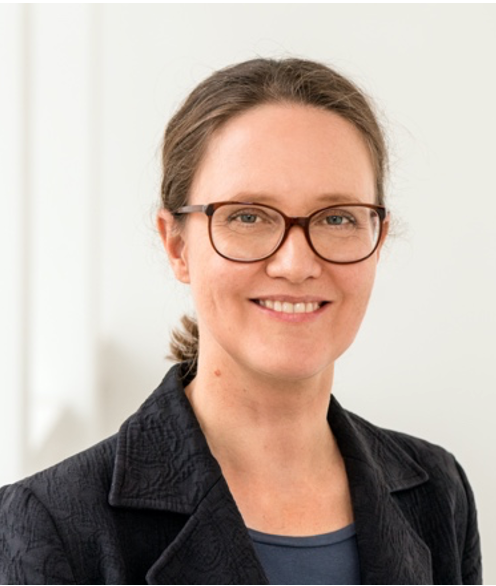
Prof. Dr. Angela Krackhardt
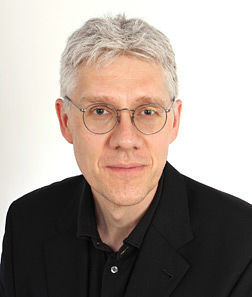
Prof. Dr. Stefan Fröhling
Project "UniCAR NK cells“
The DKTK Project “UniCAR NK cells” aims to develop and validate a novel approach for adoptive cancer immunotherapy with immune cells genetically modified to specifically recognize and attack cancer cells. Chimeric antigen receptor (CAR) engineered T cells have already shown remarkable activity against malignancies of B-cell origin. Nevertheless, manufacture of such cells as a patient-individual product is highly complex, time-consuming and expensive, requiring in each case isolation of autologous T cells, genetic modification with a CAR vector to introduce selectivity for a given cancer type, and subsequent quality control and safety testing before re-infusion into the patient. In the project "UniCAR NK cells", the contributing DKTK researchers bring together technologies developed at different DKTK partner sites to establish a cell therapy approach that is more widely applicable in the clinical context: They equip continuously expanding natural killer (NK) cells, which in contrast to T cells can be safely used in an allogeneic setting, with a universal chimeric antigen receptor (UniCAR) that recognizes a defined peptide epitope not present on the surface of cells from normal tissues. For tumor-specific cell killing, they combine these UniCAR NK cells with adapter proteins ('target modules') that contain a tumor-specific binding domain of choice, fused to the peptide epitope recognized by the UniCAR. While the NK cells stay inactive in the absence of an adapter molecule, linkage to cancer cells through UniCAR and target module triggers CAR activation and target-cell lysis. The aim is to make advanced and safe cell therapies more quickly accessible for a larger patient group by combining such universally applicable “off-the-shelf” UniCAR NK cells with pre-manufactured tumor-specific adapter proteins, thereby bypassing the need for complex patient-individual procedures.
Coordinators
The "Targeting Myc“ Project
Many cancers in adults and children can be traced back to defects in a family of proteins all similar to the protein giving this family its name, Myc. Myc proteins control the activity of large numbers of other genes, creating an attractive target to attack many processes driving and maintaining cancer cells. Drugs inhibiting Myc have not yet been found that successfully treat cancers. The DKTK team working on the Targeting Myc project is looking for new effective active substances to treat Myc-driven cancers. Active substances are systematically analyzed in studies that assess their ability to either disable genes regulated by Myc proteins or to disable the Myc proteins themselves by blocking their interactions with functional partners or marking them for destruction in the cancer cell. The researchers are using preclinical models, which the DKTK makes available for numerous Myc-driven cancers, and is also developing a new generation of substances capable of blocking Myc protein activities. The aim is to identify effective active substances or combinations of substances that will then be tested in clinical trials.
Coordinators
